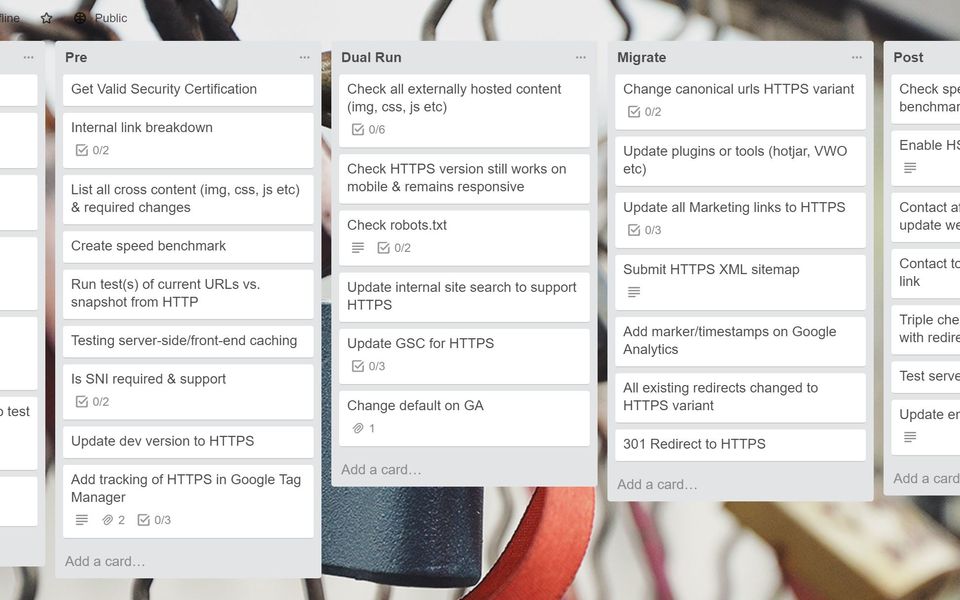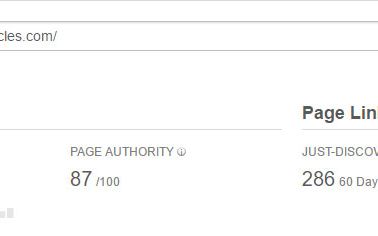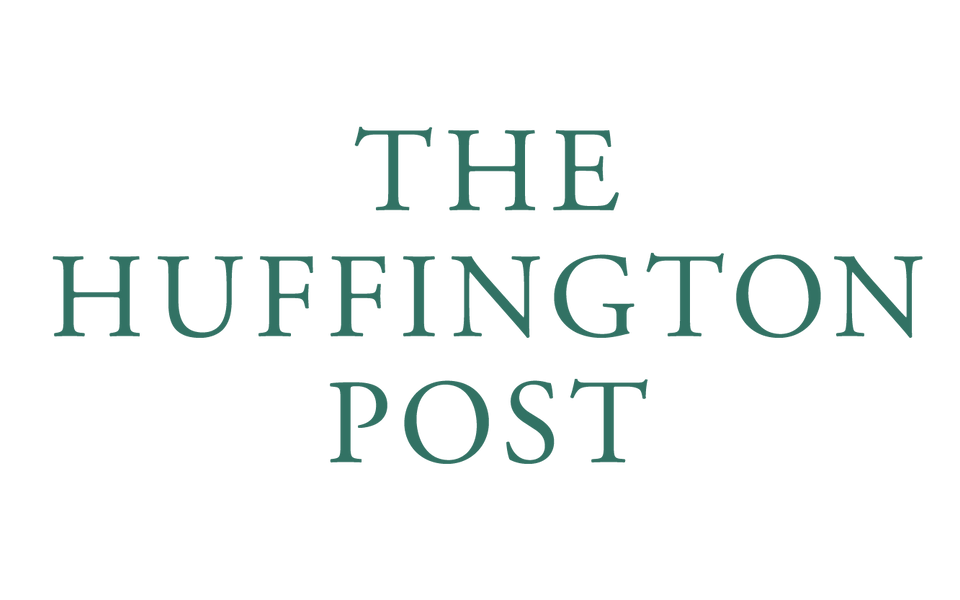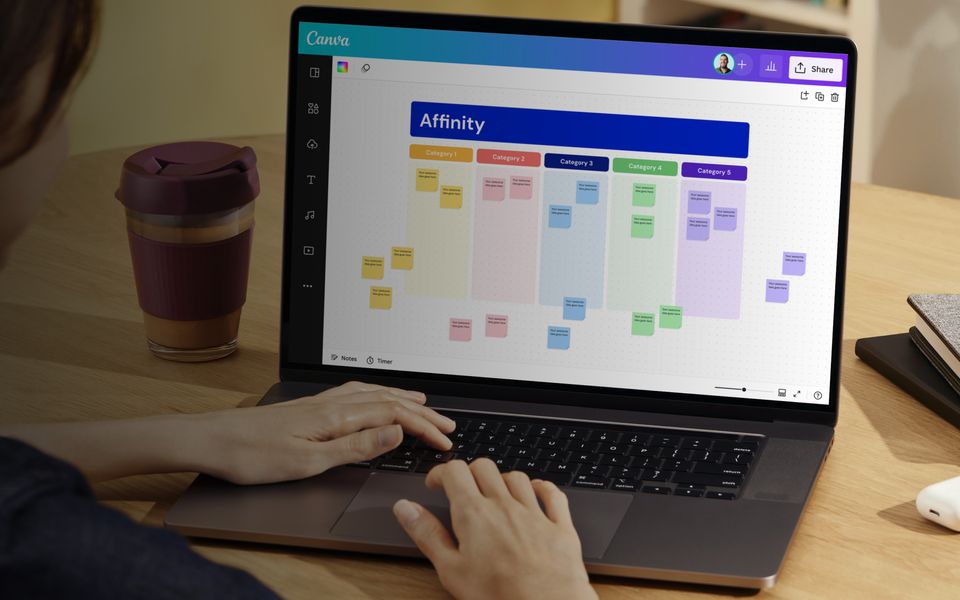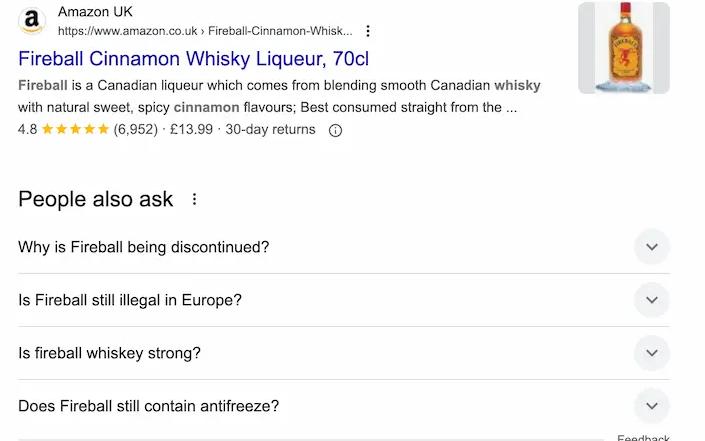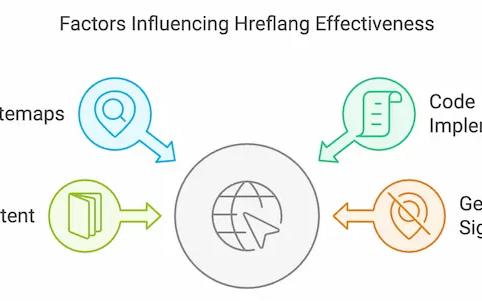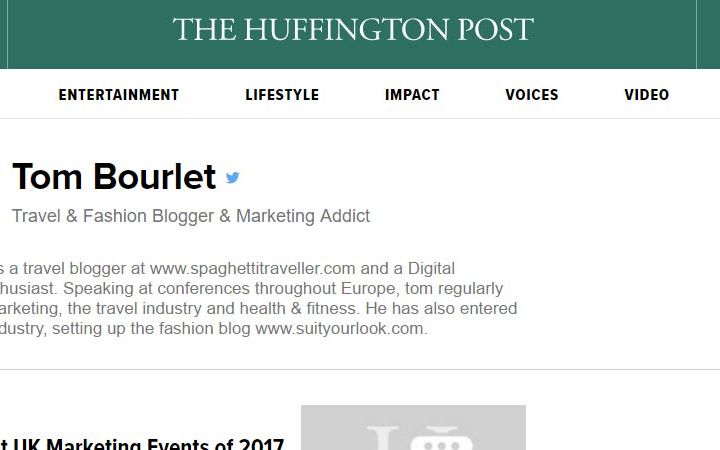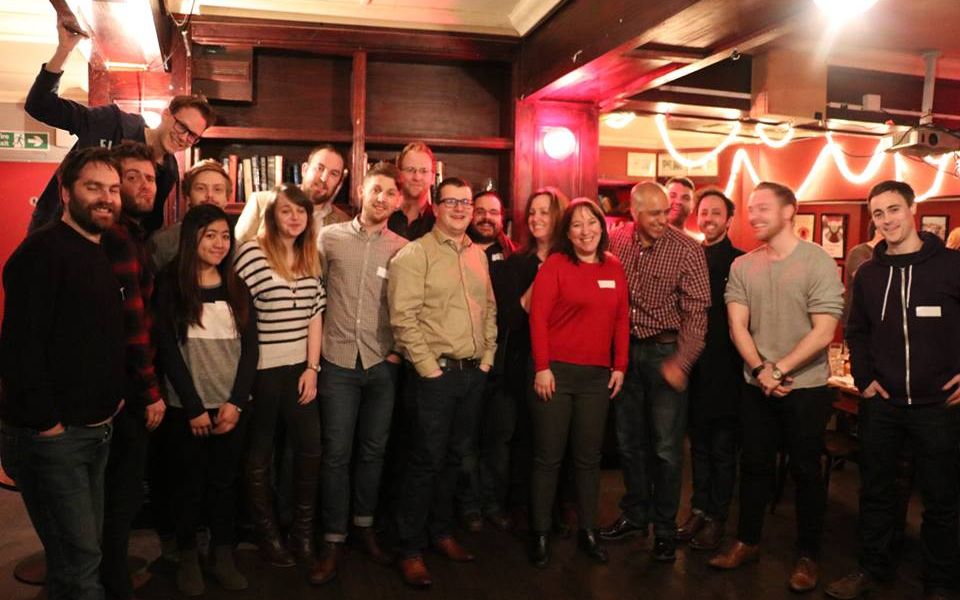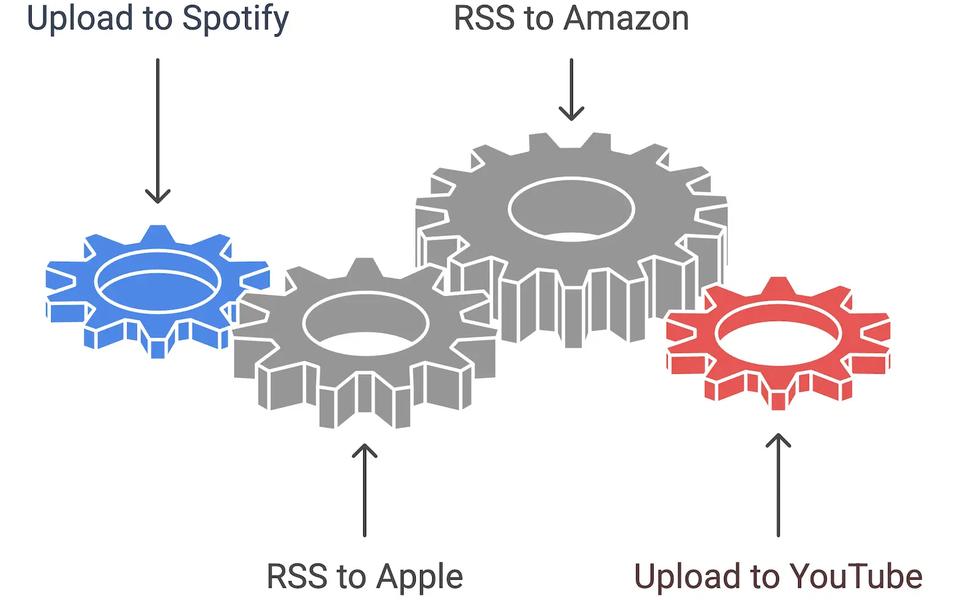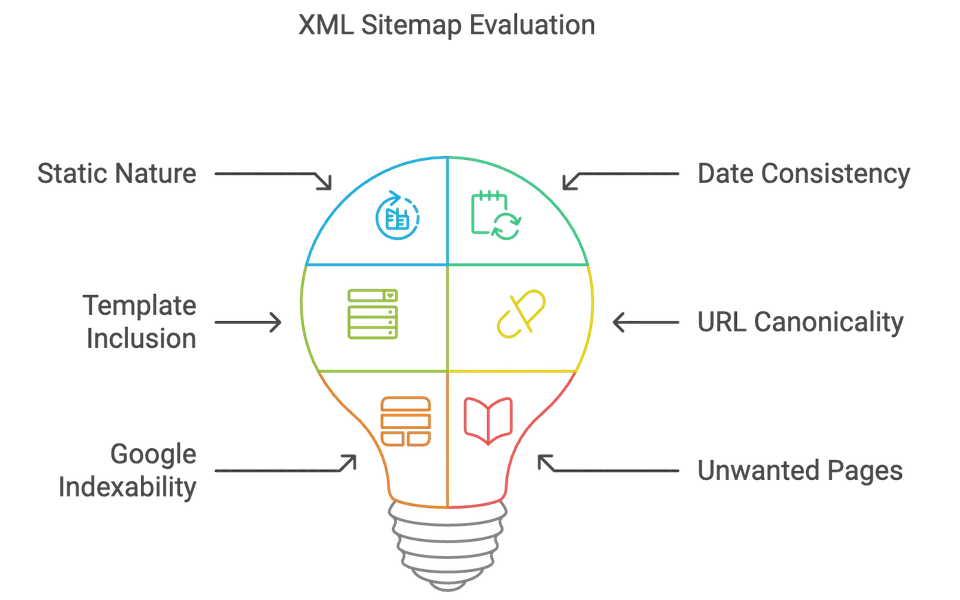The PR industry is believed to be worth £12.9bn in the UK, with figures increasing rapidly each and every year, however with many publications moving from print to online, the landscape is constantly changing. Laura Crimmons, Tanya Korobka, Ruth Walker and Chris Taylor discuss the best tactics to generate buzz for your company, how to measure PR in modern times and which tools you should consider in order to aid your campaigns.
Tools & Programs
What tools or programs do you use in order to help your PR outreach, planning or process? Whether it’s a journalist database to compile all of your communications and store contacts or a social media platform, what has helped you the most over the past couple of years?
Tanya Korobka
I’m not in SEO-PR strictly, which means that sometimes I work with influencers to actually sell clients stuff rather than increase a product keyword visibility on search. When I work with vloggers and Instagram stars, I use https://famebit.com/ and https://www.tapinfluence.com/. For idea generation, check this out: https://whatsgoodly.com/ . If you’re new to the industry, try these tools to get emails you need: https://justreachout.io/, https://www.hey.press/ and http://presshour.co/.
If you sell anything visual/lifestyle, Instagram can be amazing. This tool helps you find the best hashtags to go along with your photos/videos is this: https://websta.me/hot
Laura Crimmons
We use a wide range of tools, the key ones we probably use most often are:
- Gorkana – this is the media database we use which we chose primarily due to the international contacts as well as UK. They also hold regular breakfast briefings with key journalists which are useful.
- Crimson Hexagon – this is the social listening/monitoring tool that we use (we used to use Brandwatch too) we use this a lot for coming up with campaigns, ideas, sense-checking whether topics we’re looking at actually have interest, pulling data for campaigns, reporting on them, the list is pretty endless.
- Buzzsumo – this is one of my favourites because of its multiple uses; I find the alerts function to be the quickest of all (it’ll notify me of a blog post about 5 minutes after I publish) so we use that a lot, the social shares Chrome extension we use a lot and looking at influencers/popular content topics is great too.
- Ahrefs – this is one of the tools we find most helpful for monitoring our clients and competitors’ backlinks and general competitor analysis.
- SEMrush – similar to Ahrefs is useful for us on competitors analysis, I particularly love the SERP features for looking at which featured snippets our clients or competitors have.
Ruth Walker
-We use a vast array of tools to help us identify, connect and maintain relationships with key influencers. My top tool would have to be Gorkana, a journalist database that allows you to segment not only down to the right department but to the key individual you want to connect with. Gorkana also runs a series of media briefings throughout the year that enable you to meet and learn from the media experts and also network with fellow PRs. Some of my other favourite tools are:
Chris Taylor
The tools that I would recommend to create, manage, and maintain my relationships are:
– BuzzStream: A powerful project management tool, It’s incredibly important that you know where you are with the individual in the particular campaign and previous ones.
Is it worth contacting the influencer and will they talk about the campaign?
Whether you’re working on a campaign individually or as a team this tool is highly critical. – Gorkana: Want to find influencers contact details at the leading media outlets? Then look no further than Gorkana, adding them to BuzzStream will help you build and identify your influencers. – Majestic & Ahrefs: Not everybody informs you that an editorial or feature has been published, these are two tools that help you keep track of the pieces (if they have links in). – Google Analytics: When a campaign has been published, what better way to track the success of the campaign, whether this is via traffic or identifying the referral sources.
Other tools that you could use are: – Google Alerts – SEMRUSH – BuzzSumo – #journorequest
Types Of Stories
Over the past year, has their been a certain type of story which has worked really well for you? What types of stories do you think will work well in 2017?
Tanya Korobka
Anything pop-culture, current affairs, emotional hero stories. People read less static text or images/infographics (depends on what it is of course, but I haven’t seen an interesting infographic in a while); video is the most popular medium.
Laura Crimmons
For us any kind of story that involves data has seemed to work really well for the last few years, and I think you can see this in the huge rise we’ve seen in data journalism as well. That could be data from a survey, clients’ own data, public data that we’re using in a different way to how its previously been reported, as long as it’s a credible source it works well. I think the main reason is probably because it’s quite easy to then personalise or localise a story using that data so carving it up to show how that relates to a specific geographical area, age range or profession etc. I think again that’s the kind of stories that work well are the ones that people can relate to, and data helps us to do that in some cases – case studies are also great for that.
Ruth Walker
There has been a significant increase in the amount of emotive content that is being published. Take The Scene’s video about body confidence, for example. It’s not an easy watch, but boy does it make an impact.
Our major successes have come from creating content that challenges the status quo and utilises psychographic segmentation rather than standard demographic data. We don’t define ourselves by our age, income or job title, so why should we label our audiences in that way?
Content that dares to be different, sparks a reaction and taps into the IAO variables of psychographic factors will become more commonplace this year.
Chris Taylor
Last year, one area that worked well was using data and creating headlines off the back of this.
Whether this was for national, regional or local coverage it was highly effective. This could be from using the company’s data set or creating your own data in the use of surveys.
Social Outreach
Do you ever use social media in order to reach out to journalists, or is the phone still the number one communication tool? Do you use social in order to spread awareness of a campaign?
Tanya Korobka
Since I’ve stopped relying on journos for my PR-campaigns, I have started to generate more social buzz, increasing website traffic and actually selling stuff.
In 2017, you only need journos for links not for public awareness (for real buzz you go to content creators/influencers directly). Again, I’m talking in general.
Laura Crimmons
How we contact journalists generally depends on our relationship with them and ultimately how we know they personally prefer to be contacted. We do use Twitter sometimes to get in touch with journalists but I’d say phone and email are probably still our main go-to. We use social media promotion quite heavily to draw attention and traffic to our campaigns, often we’ll have a pot of budget to use for paid promotion on the most relevant channel(s) to give the campaign a boost at the start.
Ruth Walker
Social media channels are extremely effective for building and maintaining relationships with key journalists, especially if they are included or have contributed to your content. Some journalists are open to pitching via DM, but ensure that your approach is spot on. Your social channels are like The Avengers: they are 100% unique and have completely different approaches, but when managed effectively they are united in one goal – to showcase your amazing campaigns.
Calling journalists from the get-go allows you to quickly gauge who is and isn’t interested. You can then send your supporting email over to journalists with everything they need to start writing included. Don’t create barriers by being vague, but also be careful not to write essays. Your emails should be just as concise as your pitch.
Chris Taylor
Depending on the campaign, I would use Twitter to interact with the individual. However what better way to create and maintain a relationship with an individual than picking up the phone and telling them specifically what you have done.
Crisis Management
Whether it’s an advertising campaign that has gone all wrong, or a deeply unhappy customer which has been picked up by a publication, dealing with a PR disaster can be a scary and stressful time. How do you recommend businesses go about handling the issue and do you recommend communication with customers directly or avoiding the issue?
Laura Crimmons
This quite a tough one because it depends quite heavily on the crisis at hand as to how you’re best to handle it. Often PRs and the legal team will disagree as the legal team want the company to admit to nothing and the PR team know that good, open communication can seriously help a crisis to blow over. My advice is to have a clear crisis plan agreed by all senior stakeholders as standard so that you have that ready if the worst was ever to happen.
Ruth Walker
Your audience or customer should always be at the forefront of your mind to avoid any potential issues. Unfortunately, however, these things do happen, so when they strike you need a predetermined plan of action. This should help you assess the situation, define its gravity and then enable you to act accordingly.
There isn’t a standard approach to dealing with a PR disaster. Each situation, like your campaigns, will have its own factors to be taken into consideration. These hashtag wins and fails https://www.koozai.com/blog/content-marketing-seo/how-to-hijack-hashtags/ will give you an idea of what does and doesn’t work online. If possible, take the conversation offline to avoid fanning the flames of a potential PR nightmare.
Chris Taylor
A tough subject because of course all clients are different and some in particular will generate negative press stories from the most positive of news stories, e.g. pay weekly stores or gambling companies.
As an example, I read a story in the local newspaper showing how a pay weekly store had helped the community by providing a free picnic, but in the comments were dozens of hate messages about the company so it was a no win situation for the brand.
Improving Your Pitch
So many PR campaigns can fall at the first hurdle, as people create great ideas, however they fail to intrigue journalists. What tips do you have in order to improve a pitch?
Tanya Korobka
Write as you speak and speak as you think. Don’t go into any detail before you get a permission. Respect yourself, your time… as well as others and their time.
Laura Crimmons
First of all test it first – a good PR should have enough relationships to be able to call or email a journalists prior to starting development of a campaign to see whether they think it’s a good idea before you actually invest any time or budget. Next, really make it clear in your pitch why you think it’s of interest to that journalist and that publication – have they written about something similar before? Does it include their core audience in your research? Make it really clear why it’s relevant for them and their audience.
Ruth Walker
I use my coined SAR approach https://www.koozai.com/tv/content-marketing-seo/engaging-key-influencers/ of segmentation, approach and relationships to ensure that I’m contacting key journalists, tailoring my approach to their needs and maintaining a relationship that benefits both parties.
My advice would be to explain your content idea in one sentence. Journalists are notoriously busy, so it’s important to get straight to the point. You also need to ensure that your pitch is going to stand out; otherwise, you’re just adding a voice to a room full of people saying the same thing. Dare to be different.
An effective way to make an impact is to break the narrative. Take something commonplace and turn it on its head. Disrupting a predetermined schema and using it to your advantage may seem simplistic, but you’ll be surprised how many journalists will take notice of this approach.
Chris Taylor
It depends who you are pitching to and what they prefer, (phone or email), I personally would rather pick up the phone and inform of what we’ve done to see if they would be interested in the piece or not.
The pitch starts even before you contact them, when producing a press list you need to carefully consider the relevance to the idea. Why would you contact them? Would they publish the idea? Have they published something similar or of the same discussion point?
Thanks to …
Tanya Korobka @Tanya_digital
Tanya is a Content Strategist & Youtube Talent (Social Influencer) Manager with 6+ years of experience driving digital transformation for clients like TUI Thomson, Expedia, Weebly Inc, Tesco and Boden. and also runs the UK’s only millennial marketing and workplace blog luckyattitude.co.uk, which has been featured in The Guardian, BBC, Grazia and The Drum.
Laura Crimmons @lauracrimmons
Laura is Branded3’s Communications Director, having started the PR team at the agency in 2012, Laura is a regular trainer and speaker at industry events such as Learn Inbound, SAScon and BrightonSEO, where she has delivered the link building/Digital PR training since 2013. Laura also regularly contributes to and is featured in industry publications such as Hubspot expert tips presentations, PRMoment and State of Digital. She has also judged the PRWeek Awards, is nominated for PR Moment’s Young Professional of the Year 2017 and was named in The Drum’s 2017 50 Women in Digital Under 30.
Laura has led campaigns for Branded3’s clients that have gained coverage by top international publishers such as BBC, Mashable, Daily Mail and many more.
Ruth Walker @ruthawalker
Ruth is a PR & Outreach Manager at Evolved Digital with a background in journalism and finance. Her clients have been featured in BBC News, ITV, The Telegraph, The Times and The Daily Mail. In her spare time, Ruth runs a movie review website, Ruthless On Film.
Chris Taylor @ChrisTaylor88
Now working as an offsite consultant at SALT.agency, having worked in the online industry for 12 years across various verticals from body armour to home interior. If he’s not working on his computer, he’s renovating a property. (Note Salt are co-running the Take It Offline event in the summer on Mobile SEO)
This is the second in the experts round up series on TakeItOffline which takes industry experts views on a variety of specialist subjects, we have more coming but if you have an idea for a post please get in touch. Find out what the experts say about WordPress












